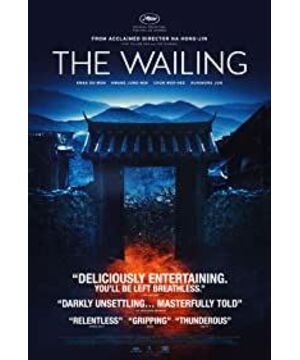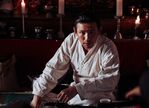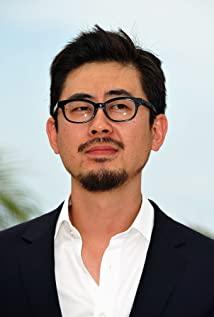The Wailing evaluation action
-
Joyce 2022-03-23 09:02:33
Director Nima is the worst ghost, the logic that cannot be explained, at least the logic that is not clear to the general public, casually point family affection, religion in, plus the shouting of the male protagonist and daughter, I am trying to get some The weird atmosphere attracted all the sacred filmmakers to hold his stinky feet. It's not so much that the movie doesn't make the male protagonist believe in the female ghost, it's better to say that the audience is determined not to trust the director, he is just filming to play tricks on you.
-
Carol 2022-03-23 09:02:33
2.5 The mystery is not necessarily a bonus for horror films
-
Grandmother: It's started. You better brace yourself.
-
[last lines]
Jong-Goo: It's okay... my baby. You know Daddy's a policeman. I'll take care of everything... Daddy will.
-
Just wait for the director's cut...
-
There are not so many Weibo subscription accounts held so high, but it does have a high degree of completion!
-
Suspense movies for suspense and suspense are more depressing after watching
-
I said I saw a political and cultural metaphor from a ghost horror movie, do you believe it?
-
origin of fear










